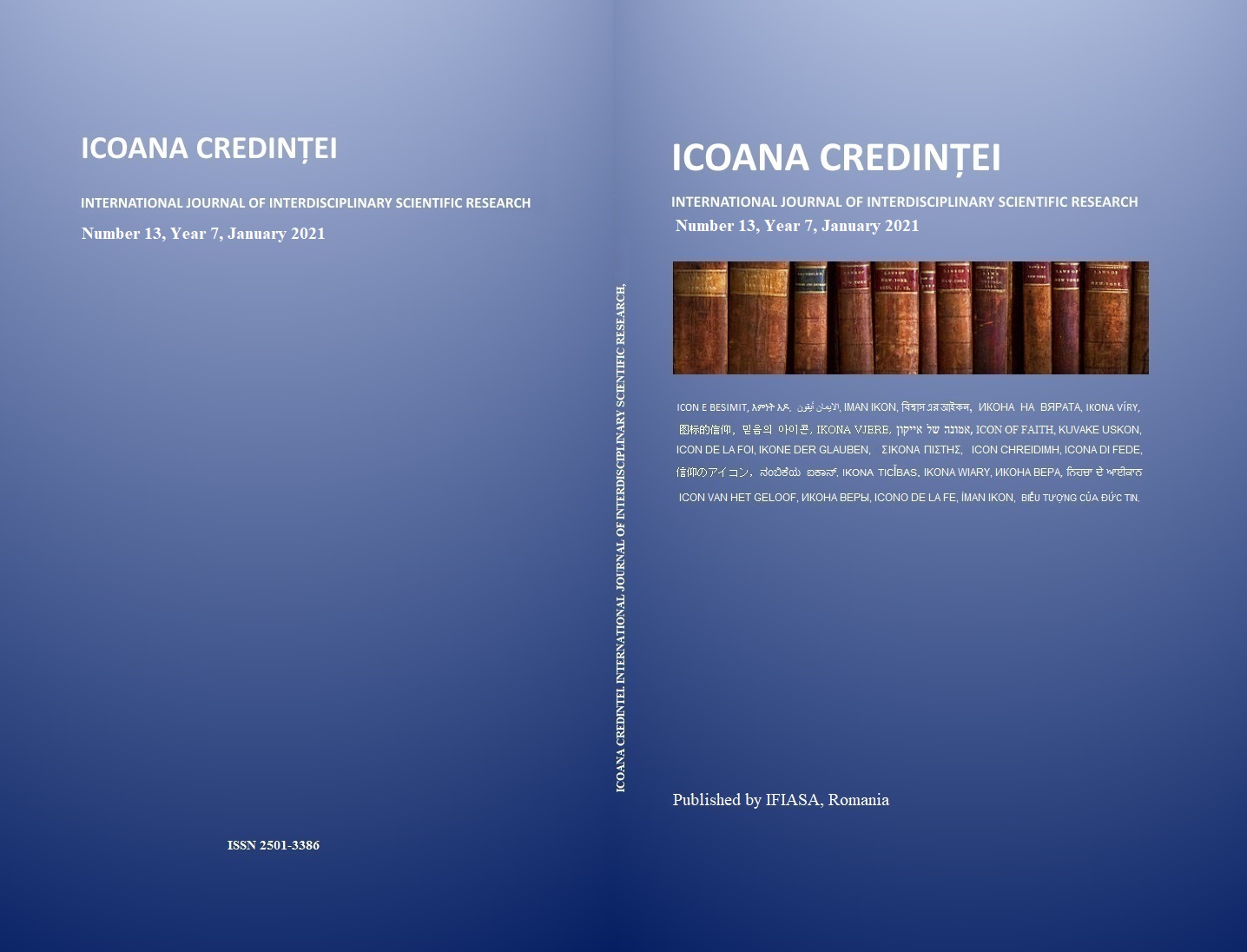EDUCATION AND POLITICS IN IAKOVOS ARGEIOS’S ORATION ADDRESSED TO CONSTANTINE BASSARABA (1708)
EDUCATION AND POLITICS IN IAKOVOS ARGEIOS’S ORATION ADDRESSED TO CONSTANTINE BASSARABA (1708)
Author(s): Vasileios TSIOTRASSubject(s): Christian Theology and Religion, History, Theology and Religion, History of Religion
Published by: Ideas Forum International Academic and Scientific Association
Keywords: encomium; rhetoric theory and practice; royal oration; Patriarchal Academy; ideal ruler; Iakovos Argeios; Constantine Bassaraba; Wallachia; Targoviste; education;
Summary/Abstract: Iakovos Argeios (ca 1660-1736), dean of the Patriarchal Academy of Constantinople,authored in 1708 a lengthy encomiastic oration in honor of John ConstantineBassaraba Brancoveanu, the prince of Wallachia. This oration remained almosttotally unknown to researchers. The main purpose of the present article is to edit thisinteresting text, in order to give the opportunity to study not only its content but alsoits connection with the political situation and the educational program of thePatriarchal Academy. It is delivered by three manuscripts, but only one is accessible:cod. Beinecke ms 295 (XVIII ce.), which was cautiously and diligently copied by thePhanariot Scholar Nikolaos Karatzas (1705-1787). Iakovos Argeios taught rhetorictheory and practice, a course that was introductory to the upper course of philosophical studies. As it emerged through the text analysis, the speech is written in thecontext of the rhetorical lecture and therefore had to implement all the principles ofthe literary genre of encomium, as mentioned in the handbooks of ancient andcontemporary rhetoricians (Hermogenes, Aphthonius and Korydalleus). Yet, there is abasic difference: the present oration is a royal oration, which means that Iakovos hadto use additional sources (Menander the Rhetor and Synesius). Furthermore, theexistence and the content of the speech allows us to draw conclusions aboutBassarava’s involvement in the administration and financial support of thePatriarchal Academy and Iakovos’s political ideas on the ideal ruler, the skills andqualities he must possess in order to exercise effective administration. This oration isnot a slavish praise, full of flattery; it is an excellent example of the rhetoricaleloquence of the famous Aristotelian professor. Iakovos gives us an ideal picture ofWallachia, as seen through the eyes of Constantinopolitan Greeks: the country ofConstantine Bassaraba was the refuge for all the Orthodox
Journal: ICOANA CREDINTEI. International Journal of Interdisciplinary Scientific Research
- Issue Year: 7/2021
- Issue No: 13
- Page Range: 61-91
- Page Count: 31
- Language: English

